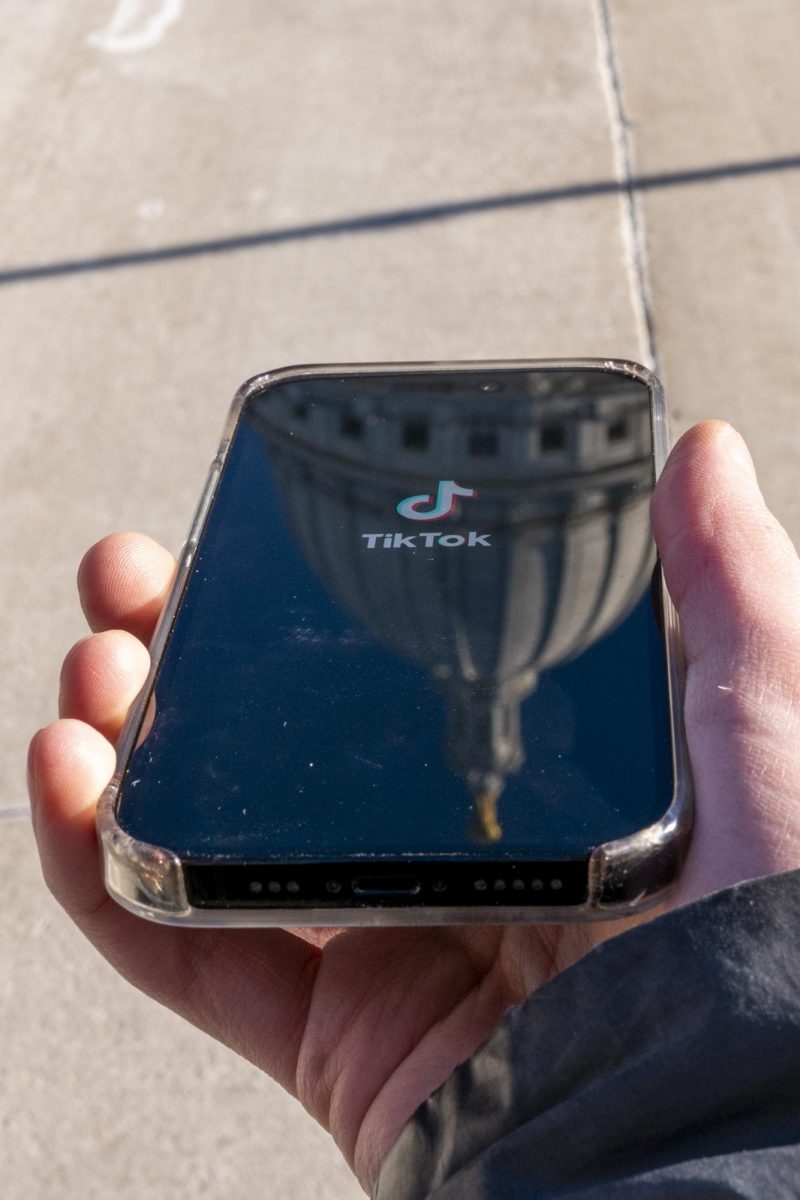The city’s Committee on Sweatfree Purchases is looking to make Madison part of a larger consortium that would allow them better transparency and follow-through with regards to purchases from suppliers to the city, officials said during their meeting Wednesday.
Wednesday was only the second meeting of the committee established to address and negotiate the city’s sweatshop-free ordinance put in place nearly two and a half years ago, committee Chairperson Mary Bottari said.
Known as the Sweatfree Purchasing Consortium, the organization works to assist member groups and governments in making informed and responsible decisions when searching for suppliers both at home and abroad.
Bottari said Madison has a strong ordinance in place to account for suppliers who may be operating sweatshops. She added Wednesday was enlightening in that committee members were able to view reports and find where many of the city’s suppliers were based.
Regardless of that information, neither the city nor the committee had any ability to enforce the ordinance, leading to the association with SPC, Bottari said.
“It’s very exciting that states are starting to establish a contractual link to a monitoring organization and that, at least in theory, cities like Madison could start using the monitoring consortium to ensure their purchasing is done ethically,” committee member Jonathan Rosenblum said.
Rosenblum, who had previously served on the board for the Interfaith Coalition for Worker Justice, added companies have been known not to disclose information as to where their products are made, either for competitive reasons or for the simple fact that their factories could be considered sweatshops.
The SPC’s main goals are to connect purchasers with “sweat-free” suppliers who have been pre-screened by a monitoring group and to coordinate complaint-based investigations of the suppliers working conditions, the consortium’s website said.
SPC also offers lists of vendors compliant with international standards, model policies and a collaborative approach to factory monitoring. Bjorn Claeson, the executive director of SweatFree Communities, the parent organization of SPC, said the consortium’s database of factories allows for a thorough and accurate approach to upholding a member’s required standards.
Claeson added one of the main issues is that buyers can seldom verify the accuracy of what vendors tell them with regards to their practices.
“A company may likely contradict a report from an independent monitoring group,” Claeson said. “We use our purchasing power and market leverage to effect change in these factories.”
Claeson added the goal of SPC is not to mandate purchasing by members, but to work with factories and brands to seek compliance with standards of conduct.
The committee must submit a proposal to the mayor’s office before membership in the consortium can be approved.
“It’s the first step towards getting into a situation where we can start some monitoring with the consortium and making sure that all these documents that they’re giving us are correct and accurate and that they’re not operating as sweatshops or abusing their workers,” Bottari said.







